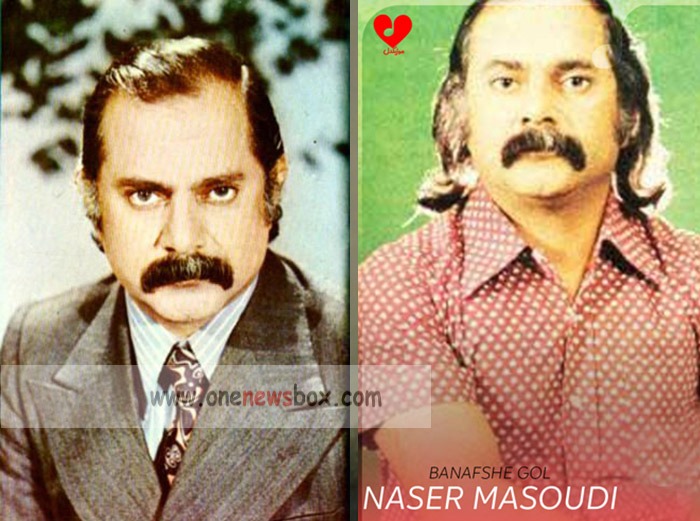Masoudi’s artistic destiny reached its zenith with his involvement in the Golden Age of Radio Iran. His collaboration with the prestigious Golha programs transformed him from a provincial vocalist into a nationally recognized cultural figure. Through these broadcasts, the sound of Gilan—its rain-soaked forests, rice fields, revolutionary laments, and intimate love songs—reached Iranian households across the country.
In Golhay Sahraei, which focused on rural and regional traditions, his voice retained its earthy authenticity. In Barg Sabz, dedicated to refined poetry and art song, his training with classical masters shone through. He became the last living link between Iran’s national radio and indigenous vocal culture.
The Revolution and the Long Silence
The 1979 Islamic Revolution of Iran reshaped every dimension of Iranian cultural life. Like many musicians, Masoudi entered a decade of forced silence. Concerts were banned, recordings were restricted, and radio programs disappeared. For nearly ten years, one of Iran’s most distinctive voices was silenced.
Yet destiny called him back unexpectedly through the figure who had accompanied his childhood: Mirza Kuchak Khan.

